'Why we must celebrate diversity and cherish our common ground' says author Naomi Ishiguro
Against the backdrop of headline-grabbing unrest and division, it's so important we tell stories of solidarity and friendship across cultural boundaries, argues Naomi Ishiguro
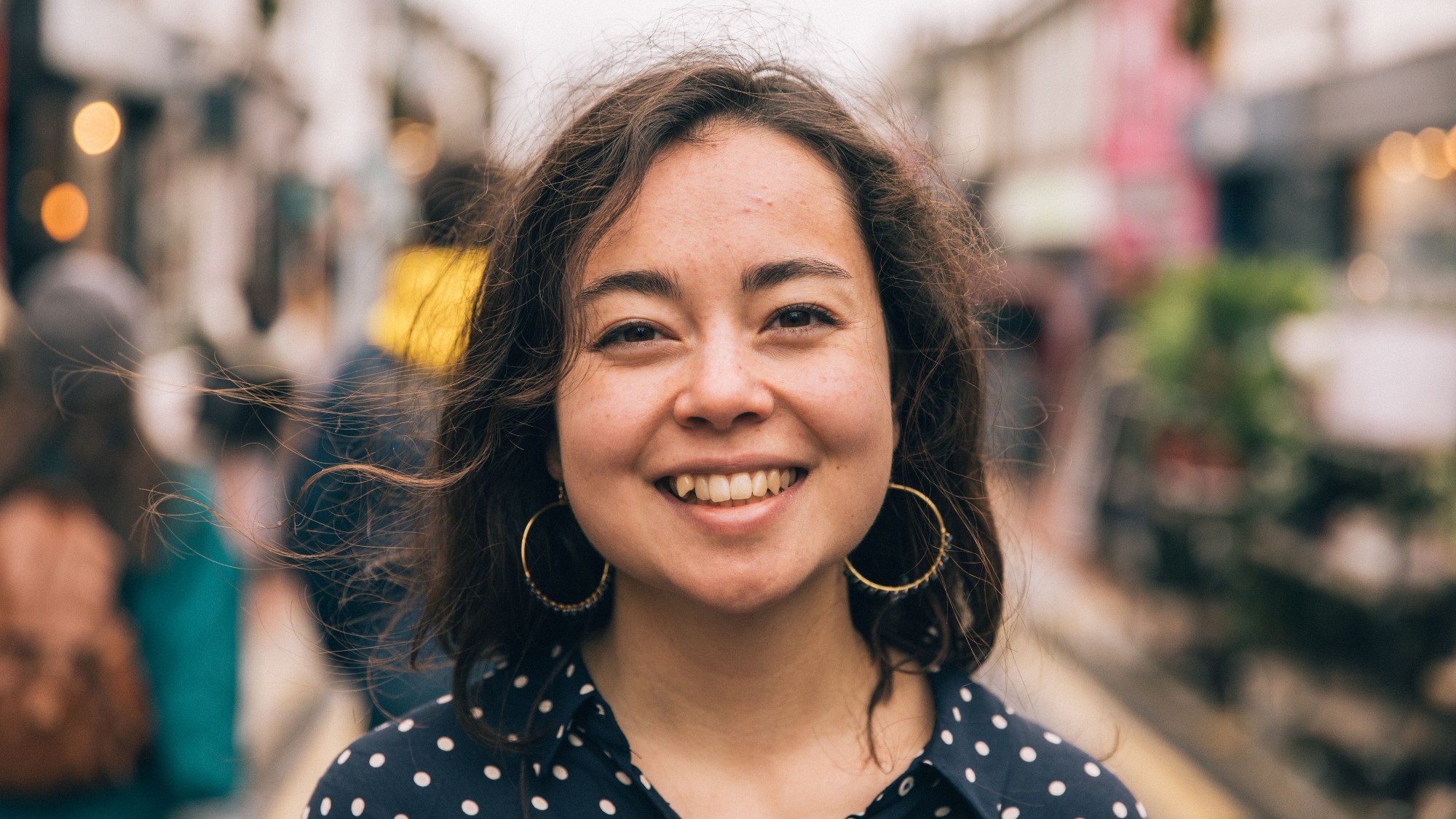

Against the backdrop of headline-grabbing unrest and division, it's so important we tell stories of solidarity and friendship across cultural boundaries, argues Naomi Ishiguro
Ten years ago, in 2011, the then Prime Minister David Cameron declared that multiculturalism as a policy had failed in the UK. Since then we’ve had the hostile environment, the Windrush scandal, and endless bitter debates over Brexit. We’ve had a rise in public figures and political parties openly espousing anti-immigrant, racist, transphobic, and misogynistic opinions. Beyond the UK, Trump spent four years in the White House, and the far right are gaining more influence across Europe. In so many ways, at home and abroad, the world can feel frighteningly in danger of tipping back into being a place that is unhappy and uncomfortable with its diversity and solidarity.
But all this is hardly news. Anyone who has checked the headlines or been on social media in the last five years is probably well aware of what’s been happening. The question though, is what can we do about it? How can we reimagine our world to be a happier one, and a friendlier one? A place where we can live collaboratively, learning from each other, and celebrating how our differences make our lives and communities richer, even while we cherish our common ground?
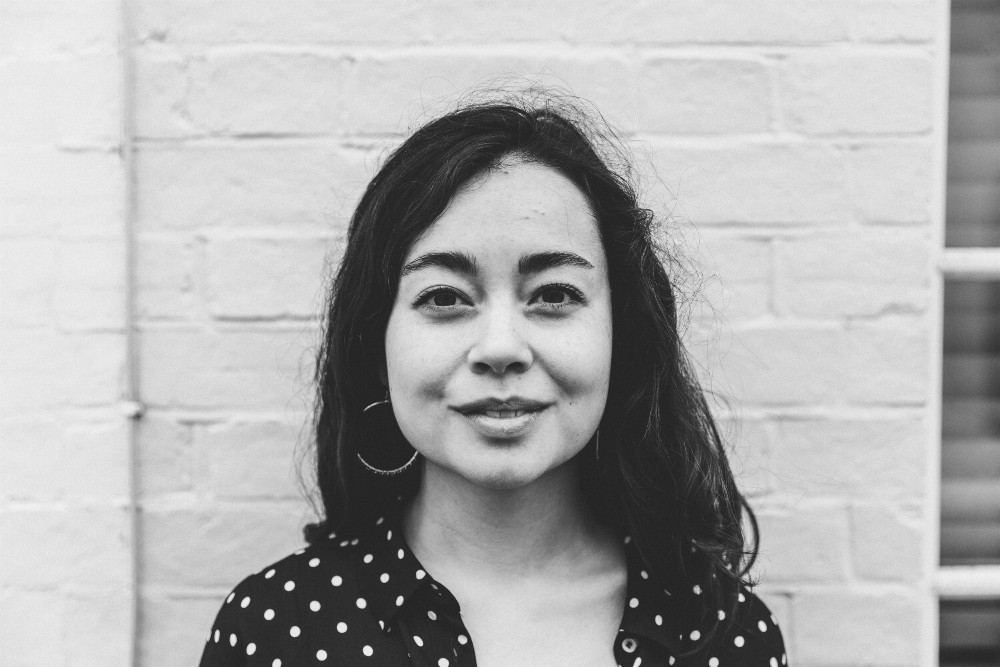
The practical answers to this obviously lie mostly with our politicians and policy-makers, but I do think that as readers, writers and citizens, we also have a role to play. The stories we choose to tell about who we are and who we want to be can set the tone of the conversation in a country, defining the context in which those more practical decisions are made.
What would happen, if instead of there being so many stories of division floating around in the public consciousness, we instead told each other stories that celebrated people extending solidarity and friendship across cultural boundaries?
My novel Common Ground was written very much in the spirit of this. It tells the story of two boys from very different backgrounds growing up in a small Surrey town in the early noughties. Stan is from the suburbs, struggling with bullies as the new scholarship kid at a private school. Charlie is Romany, and lives on the Traveller site on the outskirts of town. The two of them strike up a firm childhood friendship, before we follow them into adulthood, when that friendship is put under increasing strain by the differing sets of opportunities that society is prepared to offer them.
Common Ground is, of course, very much a fictional story, but I had a fantastic time thinking about and researching real-life stories of friendship and solidarity as inspiration. Here are four of my favourites:
Marie Claire Newsletter
Celebrity news, beauty, fashion advice, and fascinating features, delivered straight to your inbox!
The ‘Nae Pasaran’ story
Fighter jets played a key role in the brutal Chilean military coup of 1973. When a number of Chilean Air Force parts were sent to a Rolls-Royce factory in East Kilbride, near Glasgow, for repairs, the workers there refused to fix them, in solidarity with the people of Chile. News of this boycott - from 1974-78 - crossed the globe back to Chile, where it gave hope to people in the direst straits, showing them they weren’t alone. That there were those beyond their own country who knew and cared about what was happening to them. ‘Nae pasaran!’ – a Scottish-inflected version of the anti-fascist cry, ‘No pasaran!’ – became a rallying cry for the protesting workers.
Dunnes Stores Strike
In 1984, shop workers at a Dublin outlet of Dunnes Stores refused to handle the sale of South African produce, in protest of apartheid. They were suspended, went on strike, and held out for almost three years until the Irish Government put a ban on the import of South African goods – a ban that came about largely as a result of public pressure for support of the strikers.
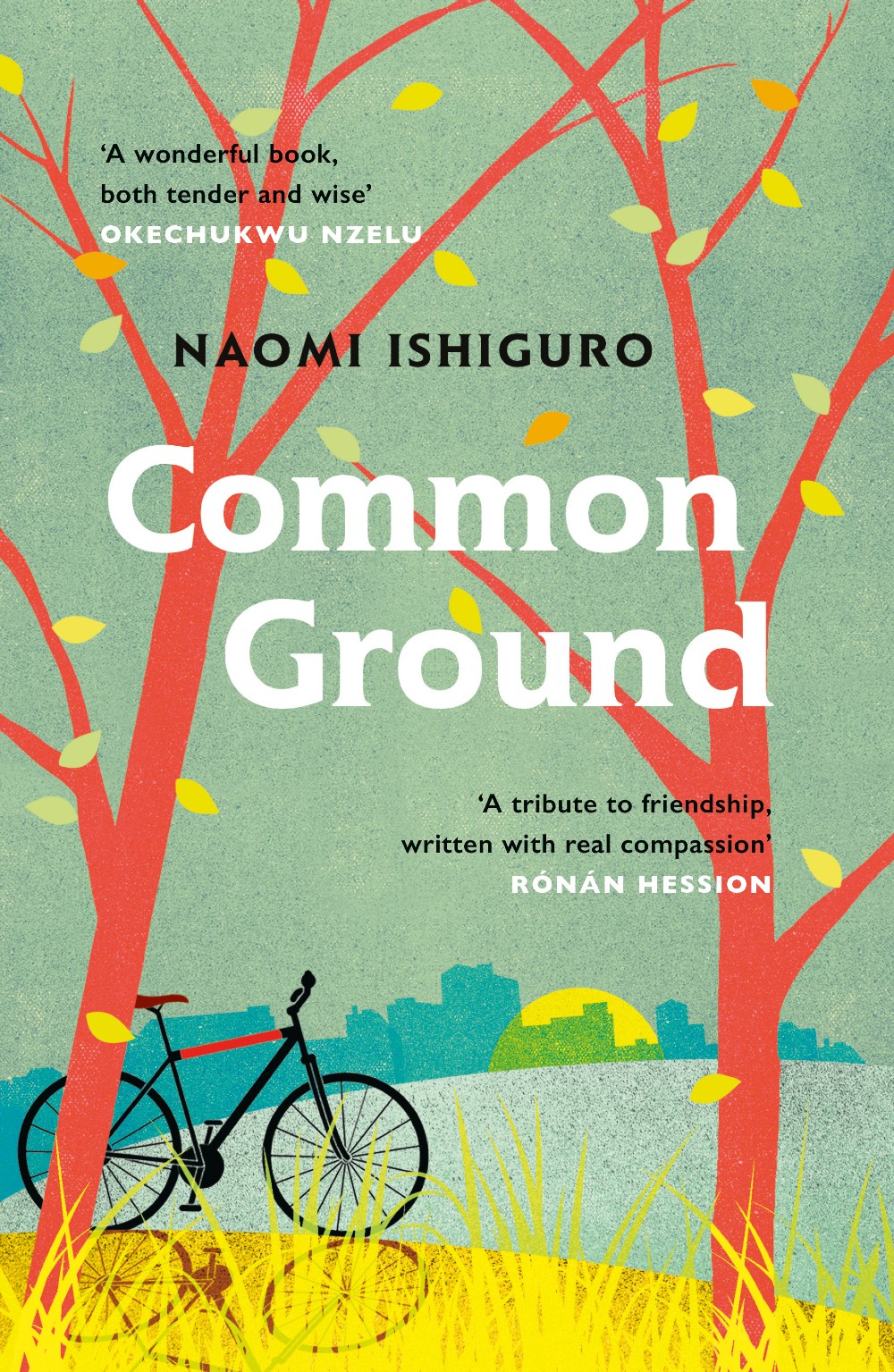
Great British Bake Off
It’s not strictly a single example, but like so many other people I often turn to Bake Off for comfort. I love the way the contestants’ culturally diverse culinary backgrounds are really celebrated. Rahul Mandal and Nadiya Hussain’s cross-cultural approaches to baking have been my personal favourites to watch, but the whole show feels like such a great, positive story about diversity and common ground.
Pandemic community bonding
I’ve heard so many brilliant stories in the past year about people of different ages, ethnicities, cultural backgrounds, religions and everything else coming together to support each other during the recent crisis. Hearing these stories has reminded me like nothing else that we are and can be so much better than the narratives of division so often grabbing the headlines would have us believe.
* Common Ground by Naomi Ishiguro (Tinder Press, £16.99) is out now
Maria Coole is a contributing editor on Marie Claire.
Hello Marie Claire readers – you have reached your daily destination. I really hope you’re enjoying our reads and I'm very interested to know what you shared, liked and didn’t like (gah, it happens) by emailing me at: maria.coole@freelance.ti-media.com
But if you fancy finding out who you’re venting to then let me tell you I’m the one on the team that remembers the Spice Girls the first time round. I confidently predicted they’d be a one-hit wonder in the pages of Bliss magazine where I was deputy editor through the second half of the 90s. Having soundly killed any career ambitions in music journalism I’ve managed to keep myself in glow-boosting moisturisers and theatre tickets with a centuries-spanning career in journalism.
Yes, predating t’internet, when 'I’ll fax you' was grunted down a phone with a cord attached to it; when Glastonbury was still accessible by casually going under or over a flimsy fence; when gatecrashing a Foo Fighters aftershow party was easy-peasy-lemon-squeezy and tapping Dave Grohl on the shoulder was... oh sorry I like to ramble.
Originally born and bred in that there Welsh seaside town kindly given a new lease of life by Gavin & Stacey, I started out as a junior writer for the Girl Guides and eventually earned enough Brownie points to move on and have a blast as deputy editor of Bliss, New Woman and editor of People newspaper magazine. I was on the launch team of Look in 2007 - where I stuck around as deputy editor and acting editor for almost ten years - shaping a magazine and website at the forefront of body positivity, mental wellbeing and empowering features. More recently, I’ve been Closer executive editor, assistant editor at the Financial Times’s How To Spend It (yes thanks, no probs with that life skill) and now I’m making my inner fangirl’s dream come true by working on this agenda-setting brand, the one that inspired me to become a journalist when Marie Claire launched back in 1988.
I’m a theatre addict, lover of Marvel franchises, most hard cheeses, all types of trees, half-price Itsu, cats, Dr Who, cherry tomatoes, Curly-Wurly, cats, blueberries, cats, boiled eggs, cats, maxi dresses, cats, Adidas shelltops, cats and their kittens. I’ve never knowingly operated any household white goods and once served Ripples as a main course. And finally, always remember what the late great Nora Ephron said, ‘Everything is copy.’
-
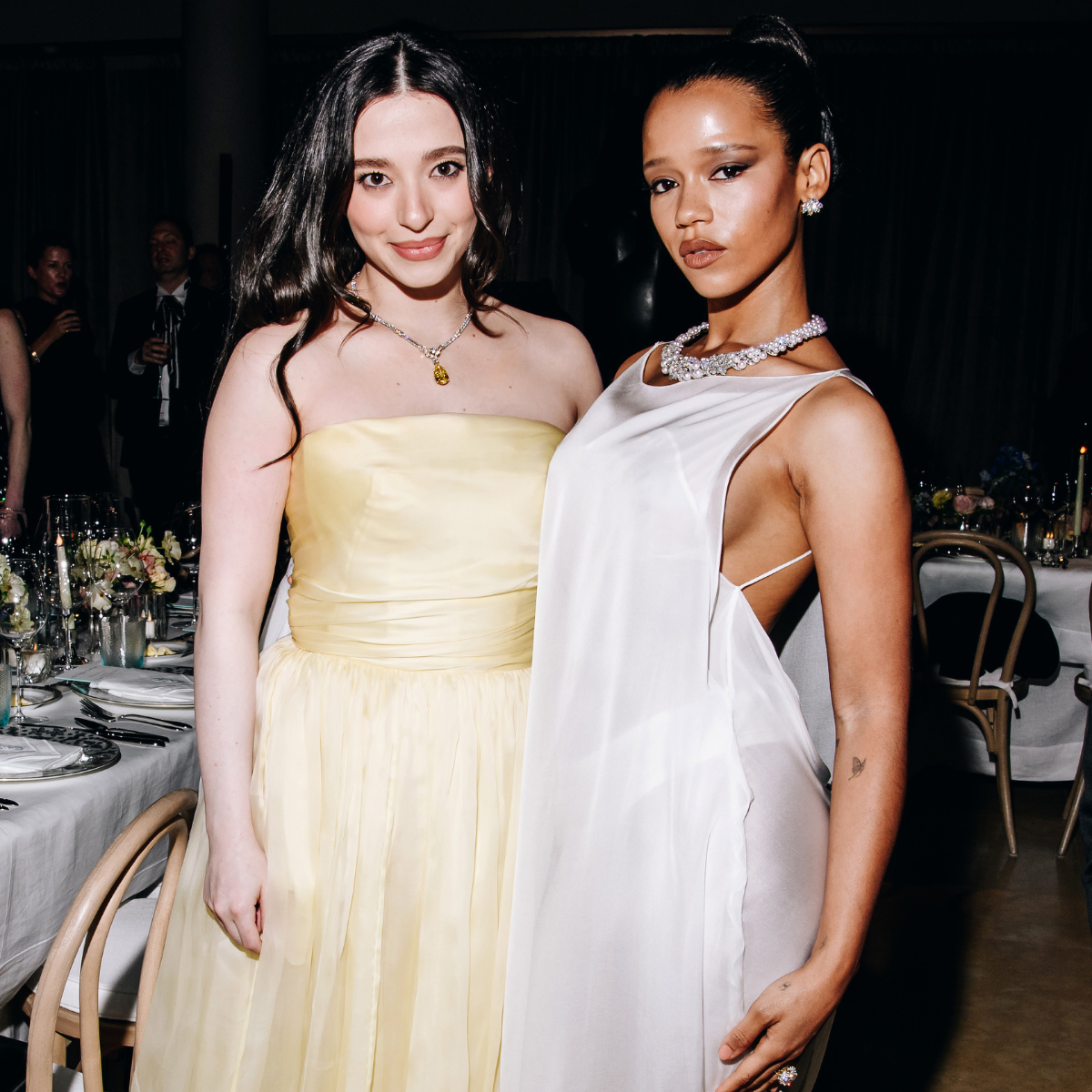 The 10 best dresses celebrities from Tiffany & Co.'s Blue Book 2025 Gala
The 10 best dresses celebrities from Tiffany & Co.'s Blue Book 2025 GalaCelebrating the brand's marine-inspired collection
By Sofia Piza
-
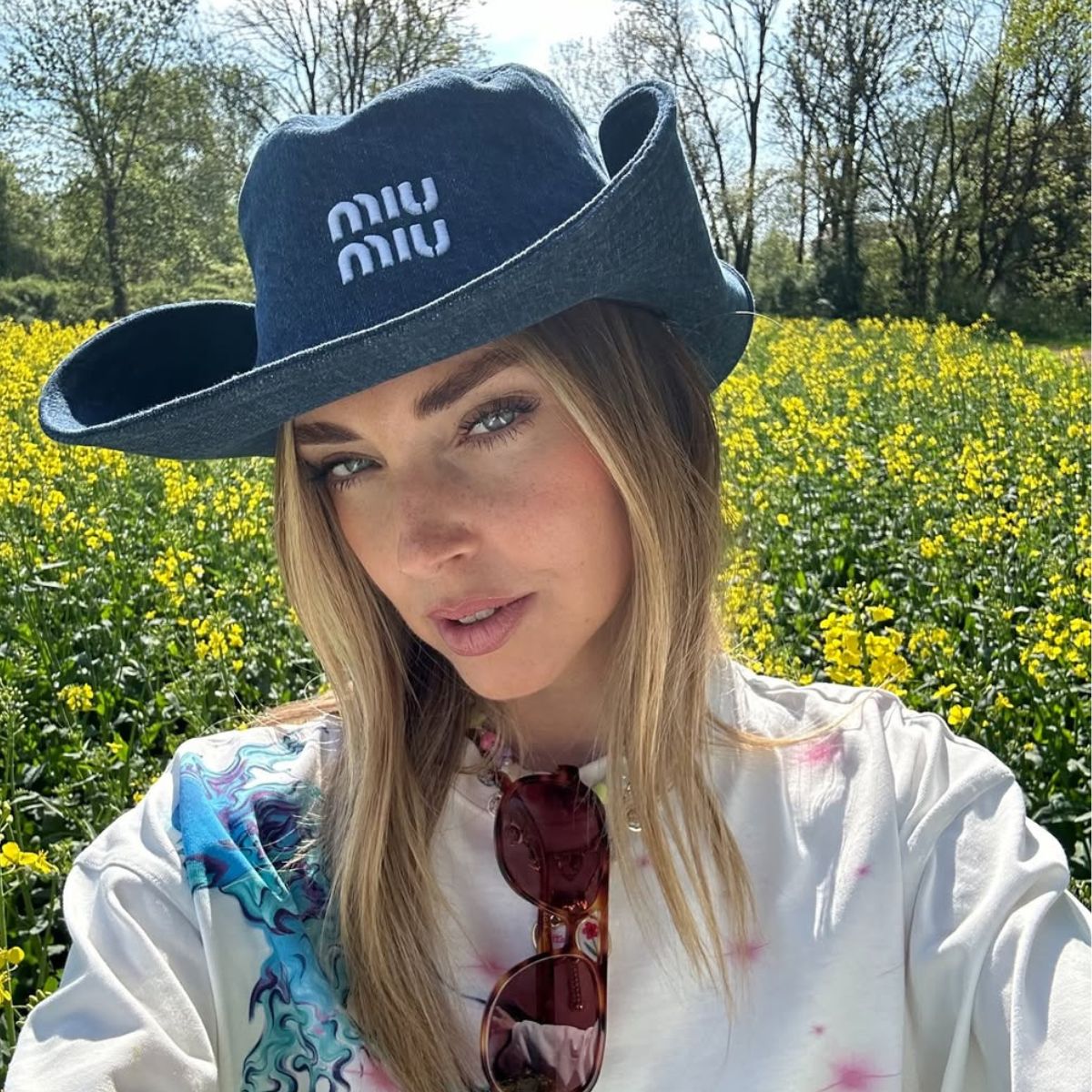 These are the 11 cult designer buys of spring 2025—and they're already selling out
These are the 11 cult designer buys of spring 2025—and they're already selling outFrom Miu Miu's must-have cowboy hat to Loewe's latest bag
By Clementina Jackson
-
 Prince William and Princess Kate have announced their 14th wedding anniversary plans
Prince William and Princess Kate have announced their 14th wedding anniversary plansBy Jenny Proudfoot